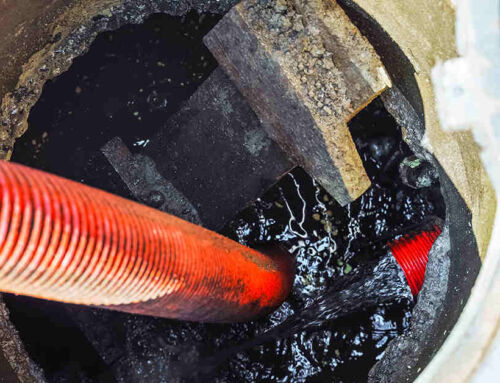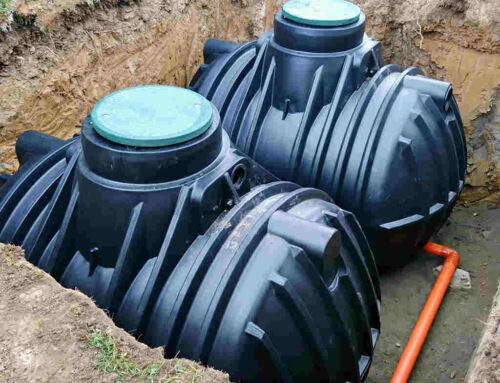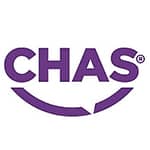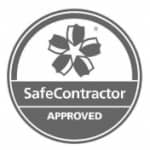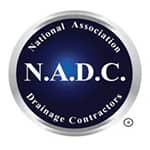Jump to…
Experience the Unblockers Difference
No call-out charges
Emergency response call-outs available
Available anytime 24/7
Expert, local engineers
Fixed price, no hidden charges
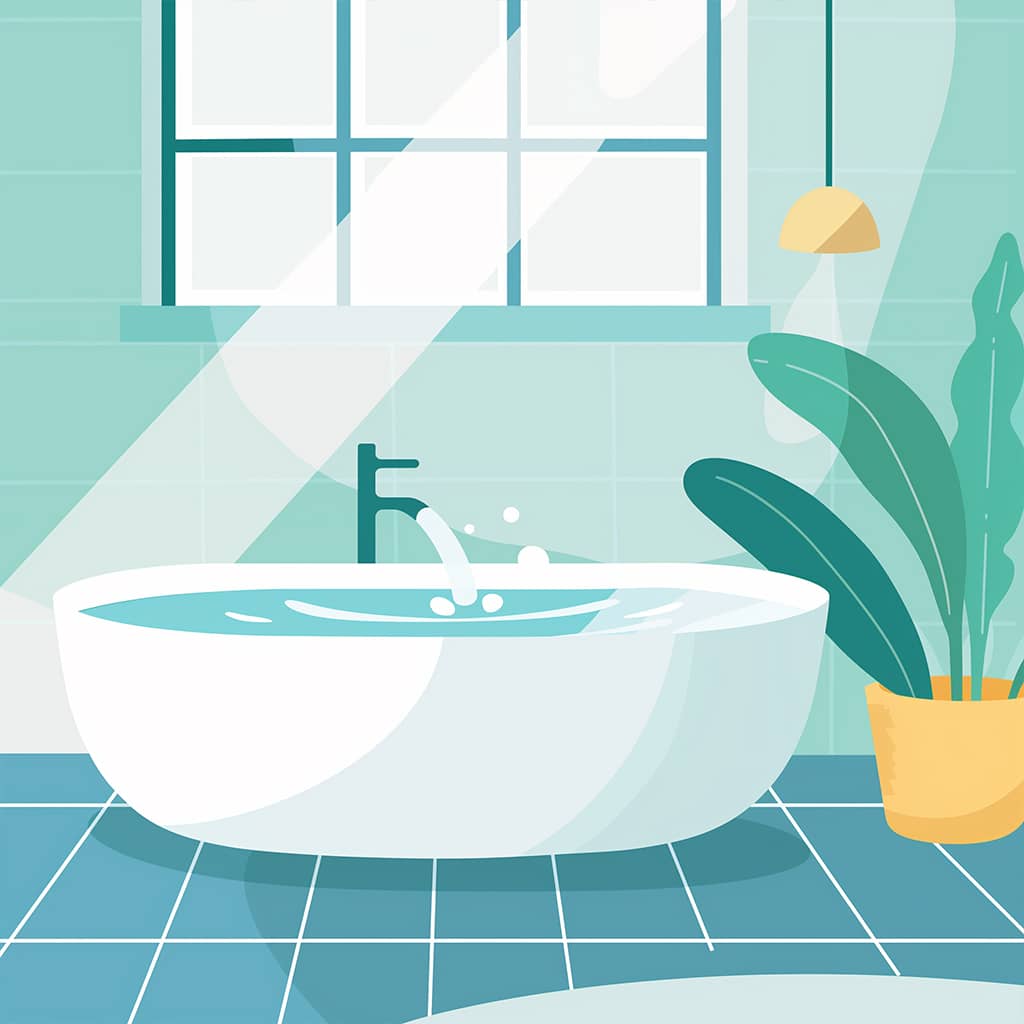
Dealing with blockages in baths and showers is a common, yet frustrating issue faced in many households. These blockages can range from minor inconveniences to major plumbing problems, affecting daily routines and the overall hygiene of your bathroom. Identifying the severity of the blockage is the first crucial step. For minor clogs, simple DIY methods might suffice, allowing for a quick and cost-effective solution. However, more severe blockages, often indicated by slow drainage or water backup, may require professional intervention.
Understanding when to tackle the problem yourself and when to call in the experts is essential for effective and safe resolution. For situations that seem too complex or persistent, professional plumbers can provide a more thorough and lasting solution. At our service, we offer free onsite quotes to assess the nature of your bath or shower blockage, ensuring that you receive the most appropriate and efficient solution tailored to your specific situation. Whether it’s a simple fix or a comprehensive repair, our aim is to restore the functionality of your bath or shower with minimal disruption to your daily life.
Key Points
Common Causes of Bath and Shower Blockages
Bath and shower blockages are typically caused by a combination of factors that accumulate over time. One of the most common contributors is hair, which can bind with soap scum and other debris to form clogs. Soap scum itself, resulting from the mixture of soap and minerals in water, can also adhere to the walls of pipes, gradually narrowing them and impeding water flow. Additionally, hard water deposits, comprising minerals like calcium and magnesium, can build up and further restrict the drainage system. Understanding these various factors is crucial in both preventing and addressing blockages in baths and showers effectively. Regular cleaning and maintenance, along with some preventive measures, can go a long way in keeping your drains clear and fully functional.
Hair Build-up
Hair build-up is a primary cause of blockages in bath and shower drains. When hair sheds during bathing, it can become entangled in the drain. Over time, this accumulated hair intertwines and mixes with soap scum and other debris, forming a dense mat that obstructs water flow. The longer it remains unaddressed, the more challenging it becomes to remove, as it can tightly bind to the inner walls of the pipes. Regular cleaning and using a drain guard can help prevent hair from going down the drain and significantly reduce the risk of blockages.
Soap Scum Accumulation
Soap scum accumulation is a common cause of clogs in baths and showers. It forms when the fatty acids in soap react with minerals in hard water, creating a sticky residue. Over time, this residue adheres to the walls of pipes, trapping hair, debris, and other particulates. This build-up narrows the pipe’s diameter, reducing water flow and leading to blockages. Regular cleaning with appropriate bathroom cleaners and periodic flushing with hot water can help dissolve and remove soap scum, maintaining clear drains.
Mineral Deposits from Hard Water
Hard water, rich in minerals like calcium and magnesium, can lead to mineral deposits in bath and shower drains. These minerals crystallise over time, creating a hard scale that clings to the inside of pipes. This scale not only narrows the pipes, reducing their capacity to drain water effectively, but can also trap hair, soap scum, and other debris, exacerbating blockage issues. Regularly treating your bath and shower with water softening agents or descaling solutions can help prevent the buildup of these mineral deposits and keep your drains flowing freely.
Small Objects and Debris
Blockages in baths and showers can often be caused by small objects and debris, such as bottle caps, small toys, or cosmetic items, accidentally falling into the drain. These items can become lodged in the pipes, creating an obstruction that traps hair, soap scum, and other debris. Over time, this can lead to a significant blockage, preventing water from draining effectively. To avoid such situations, it’s important to keep small items away from the bath or shower area and use a drain cover to catch any accidental falls. Regular checks and immediate removal of any visible debris can also help prevent the buildup of blockages.
DIY Solutions for Unblocking Baths and Showers
Understanding the common causes of sink blockages is essential in both preventing and effectively addressing these plumbing issues. Blockages can arise from a variety of reasons, ranging from everyday activities to less obvious factors. Recognising these causes not only helps in troubleshooting existing problems but also plays a crucial role in preventing future blockages. Below, we’ll explore the diverse reasons behind sink blockages, shedding light on how these issues develop and how best to avoid them.
Plunger Use
Using a plunger is a straightforward method for tackling blockages in baths and showers:
Choose the Right Plunger: For baths and showers, a flat-bottomed plunger is usually more effective than a flanged one.
Create a Good Seal: Cover the overflow drain with a wet cloth to ensure a strong vacuum. In showers, firmly press the plunger over the drain.
Use Proper Technique: Fill the bath or shower with enough water to cover the plunger’s head. Push down firmly but gently to create suction, then pull up sharply. Repeat this pumping action several times.
Check Drainage: After several plunges, lift the plunger and check if water drains away. If not, repeat the process a few more times.
Safety Tip: Avoid using excessive force which can damage pipes. If the blockage persists, consider other methods or consult a professional.
Baking Soda and Vinegar
The baking soda and vinegar method is a natural, chemical-free way to tackle bath and shower blockages:
Pour Baking Soda: Start by pouring about half a cup of baking soda directly into the drain.
Add Vinegar: Follow with a cup of white vinegar. The combination will create a fizzing reaction, which helps to break down the blockage.
Wait and Rinse: Allow the mixture to sit for about 30 minutes. The fizzing action will gradually diminish as the reaction takes place.
Flush with Hot Water: After the waiting period, flush the drain with hot water to clear out the loosened debris.
Repeat if Necessary: If the blockage isn’t cleared the first time, you can repeat the process.
This method is safe for most pipes and environmentally friendly, making it a good first choice for minor clogs.
Boiling Water
Boiling water can be effective for dissolving soap and grease build-ups:
Boil Water: Heat a kettle or pot of water to boiling.
Pour Carefully: Slowly pour the boiling water directly down the drain. Be cautious to avoid splashing, which can cause burns.
Wait and Check: Allow some time for the hot water to work through the clog. Check if the water drains more freely.
Repeat if Needed: If the blockage isn’t cleared, you can repeat the process. Sometimes, it takes a few attempts to fully dissolve the buildup.
Note of Caution: Avoid using boiling water if your pipes are PVC, as the high temperature can soften these pipes. Use hot, but not boiling, water instead.
Drain Snakes and Hooks
Drain snakes and hooks are effective tools for removing hair and debris from bath and shower drains:
Insert the Tool: Gently feed the snake or hook into the drain until you feel resistance, which likely indicates a blockage.
Twist and Pull: Slowly twist the tool to catch the hair and debris. Then, carefully pull it out of the drain. Be prepared for debris to come out with the tool.
Remove Debris: Clean off the accumulated hair and gunk from the tool. If the blockage is not completely cleared, repeat the process.
Flush the Drain: Once the blockage is removed, flush the drain with warm water to clear any remaining debris.
Regular Use: Regularly using a drain snake or hook can prevent severe blockages from forming.
Drain snakes and hooks are particularly useful for hair clogs, which are common in baths and showers.
Chemical Drain Cleaners
Using chemical drain cleaners requires careful handling:
Choose the Right Cleaner: Select a cleaner suitable for your type of plumbing. Some chemicals can damage PVC pipes or older metal piping.
Read Instructions: Carefully read and follow the product’s instructions. Different cleaners have varied application methods and waiting times.
Safety First: Wear gloves and goggles for protection. Ensure the room is well-ventilated as these cleaners often release strong fumes.
Apply Cautiously: Pour the recommended amount of cleaner into the drain. Avoid splashing, as these chemicals can be corrosive.
Wait: Allow the cleaner to sit for the specified time to break down the blockage.
Flush With Water: After waiting, flush the drain with plenty of water. This helps clear the remnants of both the blockage and the chemical.
Avoid Overuse: Frequent use of harsh chemicals can damage pipes over time. If blockages are a regular issue, consider mechanical cleaning methods or professional assistance.
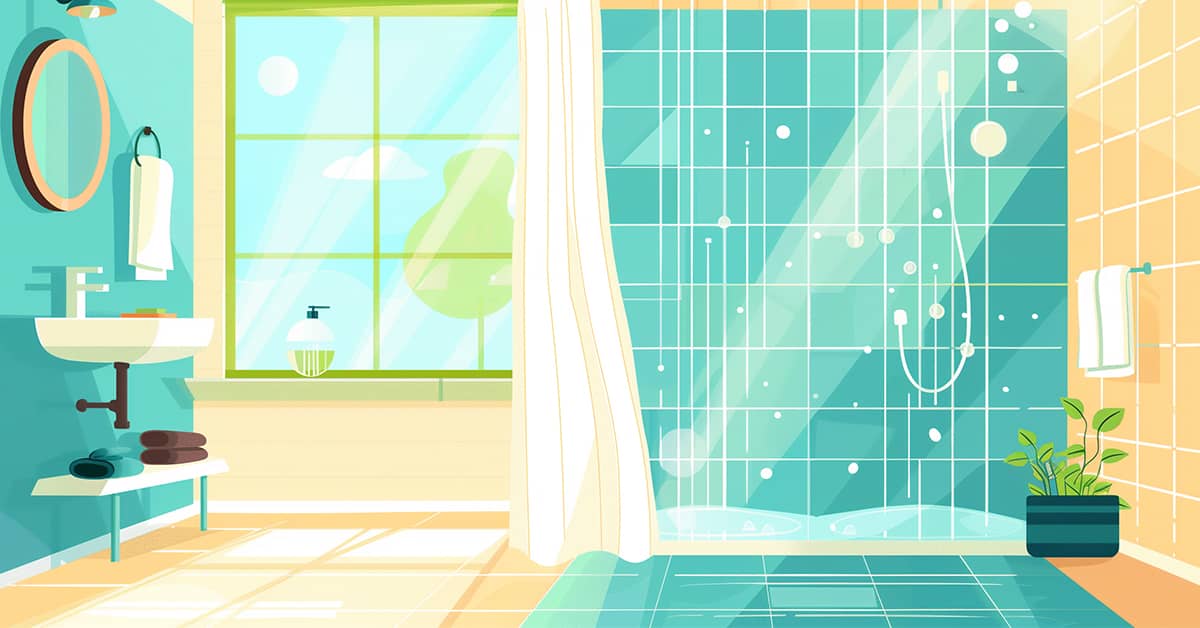
Professional Bath and Shower Unblocking Services
When faced with persistent or complex blockages in baths and showers, professional unblocking services become an invaluable resource. These experts are equipped with the necessary tools, skills, and experience to tackle even the most stubborn blockages effectively. Professional plumbers can diagnose underlying issues that DIY methods might miss, ensuring a comprehensive solution rather than a temporary fix. They also have access to advanced techniques and equipment, such as high-pressure water jetting, which can clear blockages more thoroughly. Opting for professional services guarantees a safe and efficient resolution, minimising the risk of damage to your plumbing system and ensuring long-term functionality. This section will explore the advantages of enlisting professional help for bath and shower unblocking.
Advanced Unblock Techniques
Professionals use advanced techniques for unblocking baths and showers, such as high-pressure water jetting:
High-Pressure Water Jetting: This involves using a high-velocity water stream to break up and flush out blockages, including stubborn grease, soap scum, and hair build-ups.
Video Inspection: Some plumbers use small cameras to inspect pipes and identify the exact location and nature of the blockage.
Electro-Mechanical Cleaning: This method uses a motorised tool with flexible cables to navigate pipes and clear blockages, especially effective for hard-to-reach areas.
Chemical Treatment: Professionals may use specialised chemical treatments that are more potent than over-the-counter options, specifically formulated for certain types of blockages.
These techniques, employed by experienced professionals, ensure a thorough cleaning of your bath and shower drains, effectively resolving even the most challenging blockages.
Preventive Measures for Bath and Shower Maintenance
Regular maintenance and adopting best practices are crucial in preventing future blockages in baths and showers. Many blockages are the result of gradual build-up, which can be significantly reduced or even prevented with routine care. Establishing a maintenance routine not only helps in keeping your bath and shower drains clear but also extends the life of your plumbing system. This section will focus on practical and effective measures you can take to maintain your baths and showers, helping you avoid the inconvenience and potential costs associated with blockages. We’ll explore tips on regular cleaning, the use of preventive products, and lifestyle adjustments that can make a significant difference in maintaining free-flowing drains.
Regular Cleaning and Maintenance
Keeping bath and shower drains clear requires consistent cleaning and maintenance:
Frequent Cleaning: Regularly clean the drain area to remove hair, soap scum, and other debris. Doing this after each use can be very effective.
Use Drain Guards: Install drain guards to catch hair and larger particles. Clean these guards regularly to prevent build-up.
Hot Water Flushes: Periodically flush the drain with hot water to help dissolve and clear soap and oil residues.
Natural Cleaners: Consider using a mixture of baking soda and vinegar every few weeks to break down potential clogs before they become problematic.
Professional Inspection: Annually, or as needed, have a professional plumber inspect and clean the drains to ensure they are clear of deeper blockages.
Using Drain Protectors
Drain protectors are an effective tool in preventing hair and debris build-up in bath and shower drains:
Catch Hair and Debris: They act as a barrier, catching hair and larger particles before they enter the drain, which is especially beneficial in showers where hair loss is common.
Reduce Clogging Risk: By trapping debris, drain protectors significantly reduce the risk of clogs forming, which can lead to slow drainage and blockages.
Easy to Clean: Most drain protectors can be easily removed and cleaned, making them a convenient solution for maintaining clear drains.
Cost-Effective: Drain protectors are an affordable way to prevent potential plumbing issues, saving money on future unblocking services.
Variety of Options: They come in various sizes and designs to fit different types of drains, ensuring that you can find one that suits your specific bath or shower.
Softening Hard Water
Reducing mineral build-up from hard water in baths and showers involves:
Water Softeners: Installing a whole-house water softening system can significantly reduce mineral content in water, preventing scale build-up.
Shower head Filters: Using shower head filters specifically designed to filter out minerals can help in areas with hard water.
Regular Descaling: Regularly using descaling agents or vinegar solutions can help dissolve and remove existing mineral deposits in showers and baths.
Maintenance Products: Utilise maintenance products formulated for hard water areas to regularly clean and protect bath and shower surfaces.
Professional Assessment: If unsure about the hardness of your water, consider a professional assessment and tailored solutions for your home’s specific needs.
Legal and Environmental Considerations
When addressing bath and shower blockages, it’s important to consider not just the immediate problem, but also the wider legal and environmental implications. The use of chemicals, for instance, requires careful handling and disposal to avoid harming the environment. Furthermore, any plumbing work should comply with local regulations and standards to ensure safety and legality. This section will provide an overview of these aspects, offering insights into responsible practices for unblocking and maintaining baths and showers. We’ll discuss the safe use of chemical agents, the importance of adhering to local plumbing codes, and strategies for minimising environmental impact while effectively managing blockages.
Eco-Friendly Solutions
The environmental impact of various unblocking methods is an important consideration. Eco-friendly alternatives offer effective solutions while minimising harm:
Natural Cleaners: Opt for natural cleaners like baking soda and vinegar over harsh chemicals. They are less harmful to the environment and safe for most types of plumbing.
Manual Removal: Where possible, manually remove blockages using tools like plungers or drain snakes. This method avoids the use of chemicals entirely.
Biodegradable Chemicals: If chemical cleaners are necessary, choose biodegradable options that break down harmlessly in the environment.
Preventive Maintenance: Regularly clean and maintain drains to prevent blockages, reducing the need for chemical interventions.
Professional Eco-Friendly Services: Seek out plumbing services that use environmentally friendly methods and products for unblocking and maintenance.
Compliance with Plumbing Codes
Adhering to local plumbing codes and standards is crucial for safe and legal bath and shower maintenance:
Understanding Local Codes: Familiarise yourself with your area’s specific plumbing regulations. These can vary widely and dictate how plumbing work should be conducted.
Permits for Major Work: For significant plumbing alterations or installations, ensure you obtain the necessary permits as required by local laws.
Hiring Qualified Professionals: If you’re hiring professionals for plumbing work, verify that they are licensed and adhere to local codes. Qualified plumbers will be up-to-date with the latest standards and regulations.
Safe Practices: Even for DIY tasks, it’s important to follow safe practices as outlined in local codes, such as proper ventilation for chemical use and correct disposal methods for waste and materials.
Regular Updates: Plumbing codes can be updated regularly. Staying informed about these changes ensures that any plumbing work you undertake remains compliant and safe.

Summary
The article provides a comprehensive guide on addressing blockages in baths and showers, emphasising the importance of identifying the blockage’s severity for appropriate resolution. It discusses common causes like hair build-up, soap scum, mineral deposits, and small debris, suggesting regular cleaning and preventive measures to maintain clear drains. DIY solutions offered include using plungers, baking soda and vinegar, boiling water, and drain snakes for minor blockages, with safety tips for effective application. For persistent or complex issues, professional plumbing services are recommended, utilising advanced techniques like high-pressure water jetting for a thorough clean. Additionally, the article highlights preventive maintenance strategies, such as frequent cleaning, using drain guards, and water softeners, to prevent future blockages. It also touches on eco-friendly solutions and the importance of complying with local plumbing codes for environmental protection and legal adherence, advocating for responsible and informed practices in bath and shower maintenance.
Related Articles
READY TO MAKE YOUR ENQUIRY?
Get a quote for a drainage callout
Get a quote for a drainage callout
We have drainage engineers in your area now offering availability today.
Just leave a few details and our friendly drainage service team will call you right back.
We have drainage engineers in your area now offering availability today.
Just leave a few details and our friendly drainage service team will call you right back.
"*" indicates required fields

Need to speak to us right away? We have local engineers available now. Call 0808 303 0050
“Outstanding Service & Fast Repair”

